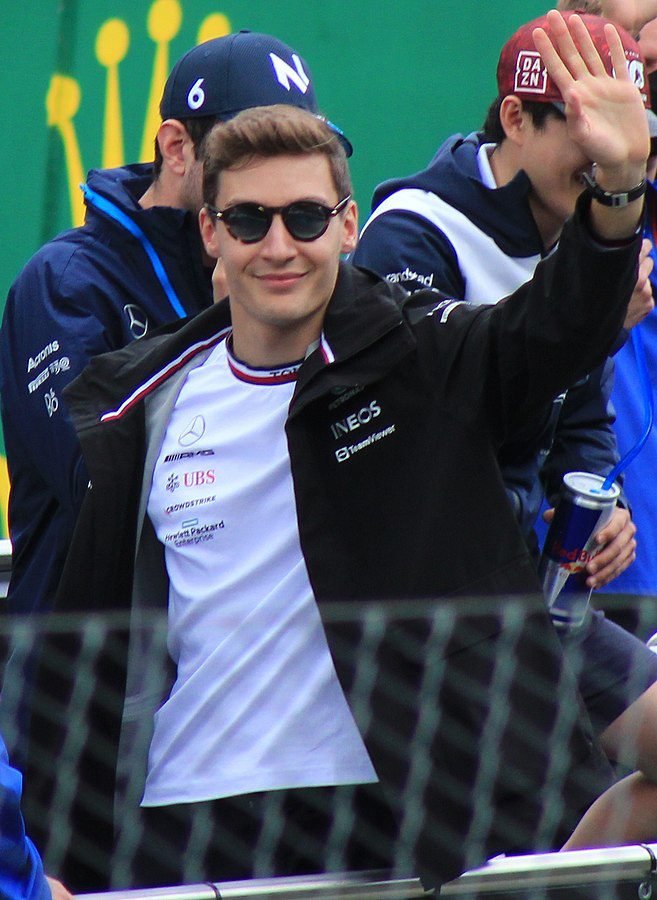George Russell is confident that Mercedes will not repeat the same mistakes with its 2025 Formula 1 car, emphasizing that the team’s winter development has been more meticulous than ever.
Since the introduction of F1’s ground effect regulations in 2022, Mercedes has struggled to regain the dominance it once had. The team battled severe bouncing issues throughout the 2022 season, and every attempted fix seemed to introduce new challenges. The 2023 campaign saw Mercedes fail to secure a single victory, marking one of its toughest seasons in recent history.
Although the team managed to get back to winning ways in 2024, it still finished fourth in the constructors’ standings—its lowest position since 2012, when it placed fifth. However, Russell believes that the efforts put into the 2025 car signal a major step forward, ensuring the same missteps won’t be repeated.

“I think it’s going to be a significant change this year, to be honest,” Russell said during Tuesday’s F1 75 launch event in London.
“Every year we’ve uncovered a problem, we’ve solved it, and it’s created a new one.
“We’ve probably been a lot more disciplined with every change we’ve made. We’ve been more thorough than ever in terms of the simulator running, just to ensure that we’re not going to fall into a new trap.
“And so far, it’s a reasonable step. Obviously, you have no idea what everyone else is doing, and it’s going to be quite an interesting season with how people deploy their resources between 2025 and 2026.”
Reflecting on why it has taken Mercedes so long to fully address its car’s shortcomings, Russell explained that the initial issues in 2022 were more complex than they first appeared.
“In 2022, there were more issues with the car than first met the eye.
“Everything was dominated by the bouncing, and we couldn’t unpick what was bouncing and what were poor characteristics in the car.
“So, it took a good 18 months to solve bouncing. Then we recognized that we had a bit of a problem with the suspension.
“We changed the suspension, then that caused a balance problem. These things, it does just take time, and I think when something clicks and something works, you also sometimes don’t know quite why that is.
“We went to Vegas last year and dominated. I’d love to tell you exactly why that is.
“We’ve got some ideas why that could be, but they are not like a silver bullet to say that’s why we were so strong there and that is the reason why we were so weak elsewhere.”
Russell also pointed out that, in previous years, Mercedes had been so focused on fixing problems that it overlooked the potential consequences of those fixes on the car’s overall performance.
“I think the past couple of years we’ve been so intent on fixing the problem that we weren’t thinking about what future problems it would create,” he said.
“You fix one thing, and then it generates a new problem. So, we’ve been thinking ahead much more than we have in the past.
“That’s pretty standard in the world of aero when you’re testing in the wind tunnel.”.
“But when you’re changing characteristics of the car and the way it’s going to handle, how it’s going to feel for us driving it: if you make the front stronger, it’s going to take away from the rear, and if you go too far that’s just as much of a problem as if it’s in the opposite direction.
So, I believe it’s actually just being detailed: these are the core things we’re going to change, we believe it’s going to do ‘X,’ if there is going to be an issue, then how do we adjust our driving style to counteract it?”
Mercedes heads into the 2025 season with new resolve, wanting to create a car that not only competes but is also more predictable for its drivers.








